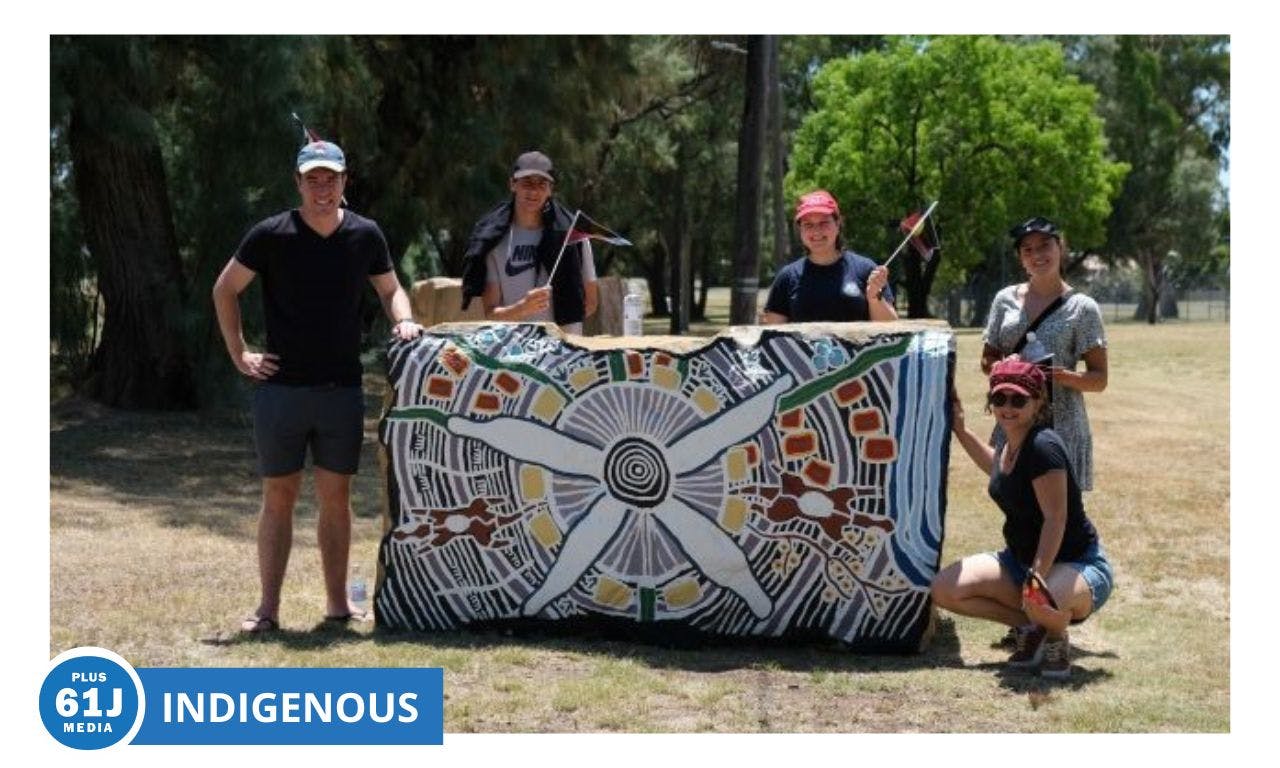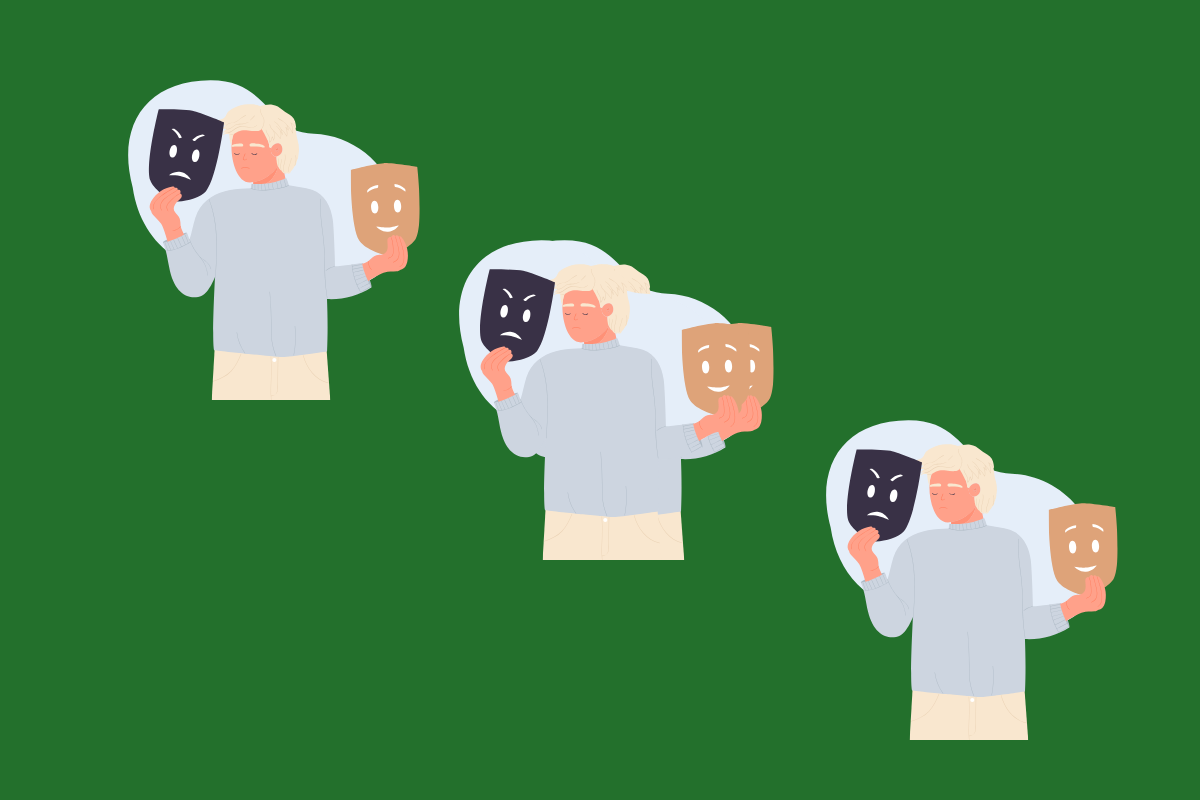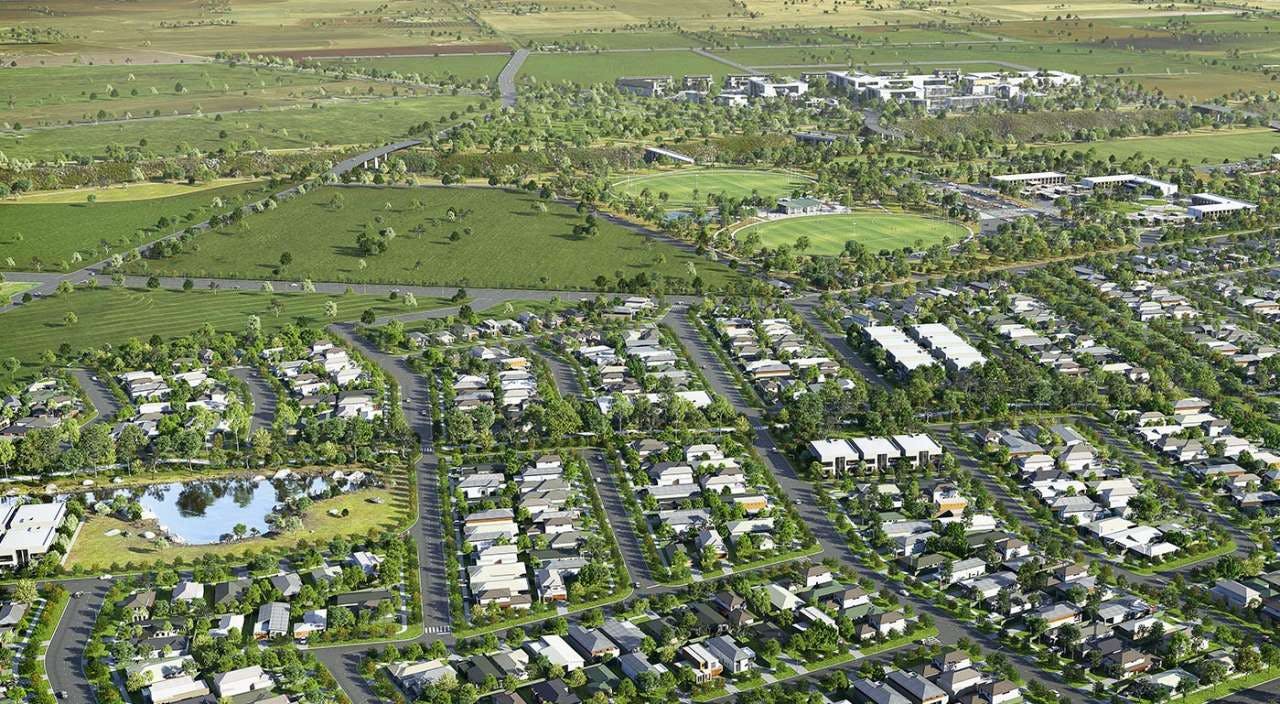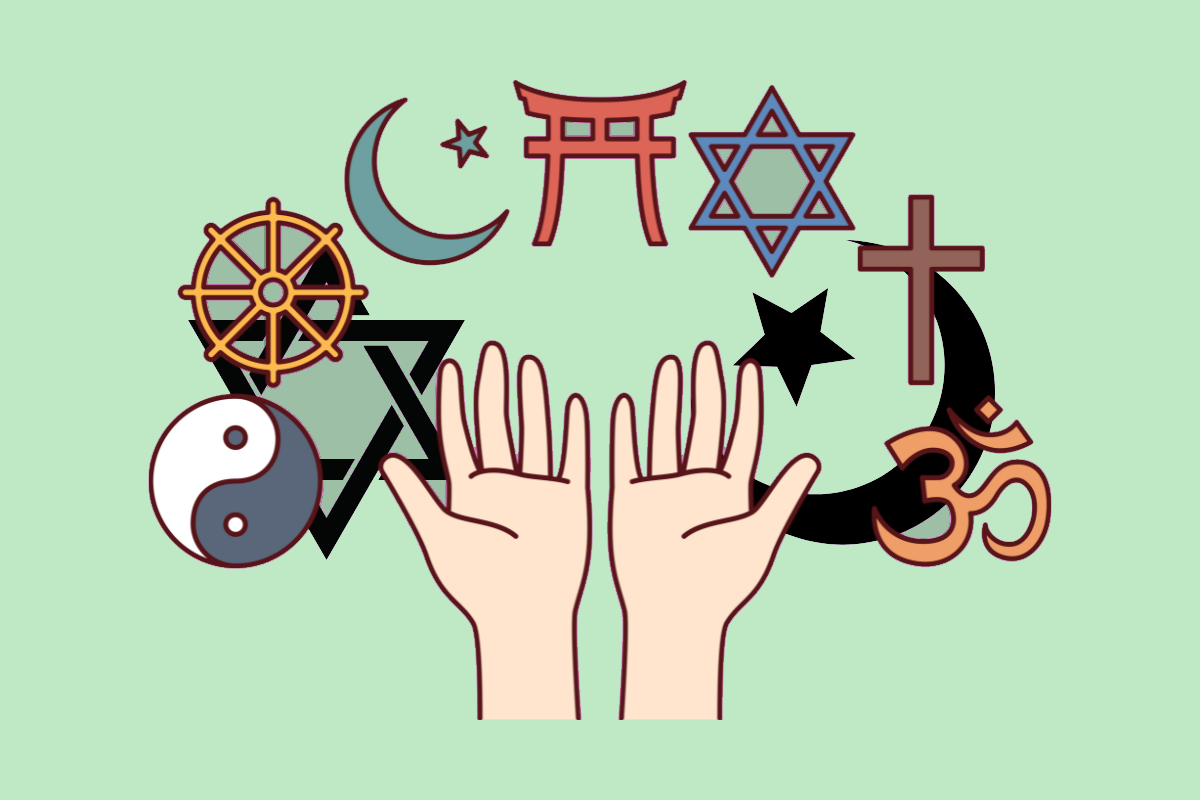Published: 3 February 2023
Last updated: 5 March 2024
Last week, the Derech Eretz group of Jewish volunteers in Indigenous communities experienced a positive way to mark the controversial date. TAHLIA BOWEN was among them.
January 26. Australia Day. Invasion Day. Survival Day. Day of Mourning. Citizenship ceremonies. Australian of the Year Awards. Nondescript barbecue day? Penalty rates! Public holiday (depending on who you work for).
January 26 means different things to different Australians, and what it means to each Australian is changing year to year. Public sentiment towards changing the date of "Australia Day", a movement led by First Nations peoples, grows annually.
But some spearheads of this movement have more recently changed their tune.
Until 2018, Amnesty Australia championed the "Change the Date" campaign. They asked the wider community to celebrate Australian nationhood on a date not representative of loss for Aboriginal and Torres Strait Islander peoples. Since then, however, they have reached a new conclusion. Australia’s national story, stained with the legacies of dispossession, violence and continuing trauma, is not one to be celebrated any day of the year.
This year, Amnesty articulated its stance on social media: “Changing the date doesn’t hold governments accountable, doesn’t acknowledge the pain of colonisation, and doesn’t hold us accountable as an organisation, or make us confront our part in the ongoing violence of colonisation”.
Survival against weighted odds, and all of the acts of resistance that this involves, is worth celebrating.
Australian Greens senator Lidia Thorpe also believes that no appropriate day exists, “You can’t change the date of dancing on our graves. You gotta deal with the impact of colonisation — have a treaty”, she said on Q&A this week. Thorpe proposed that the day a treaty is signed between First Nations and non-Indigenous Australia be the “day that we should celebrate”.
So, what are we to do with January 26?
It’s clear that abolishing Australia Day is not on the Labor government’s agenda. Flag raising and citizenship ceremonies persist. And despite an increasing number of workplaces no longer enforcing it, January 26 remains a public holiday.
For at least 85 years, First Nations communities have taken matters into their own hands, facilitating spaces to mourn and protest.
With the stories of loss that make up the nation’s history, however, come stories of remarkable resilience and strength. Celebrating survival, therefore, is how some Aboriginal and Torres Strait Islander communities have chosen to observe each January 26. One prominent example is Yabun Festival on Gadigal Country, now in its 20th year.
Survival against weighted odds, and all of the acts of resistance that this involves, is worth celebrating. This is not unfamiliar for us as Jews, whose oral and written traditions involve stories of resilience despite persecution. At the centre of many Jewish holidays lie Hebrew prayers, religious garments and significant foods—cultural reminders that we are still here.
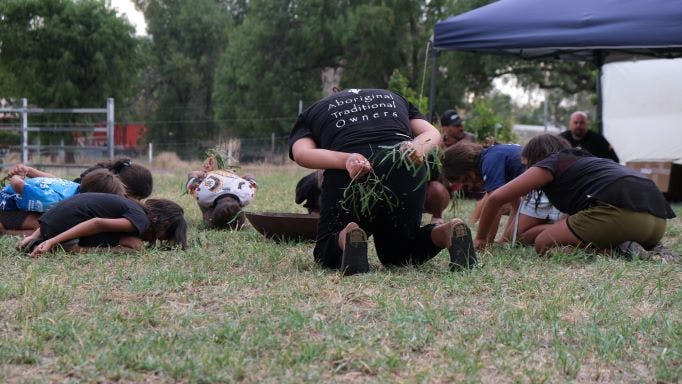
This January 26, I was privileged to spend the day celebrating Gomeroi/Gamilaraay/Kamilaroi survival while on Stand Up’s Derech Eretz program.
Derech Eretz offers young Jewish adults (aged 18-30) the opportunity to travel to the predominantly Aboriginal communities of Toomelah and Boggabilla. Participants facilitate holiday activities for local youth, connect with community members and participate in informal education sessions designed to bridge the blind spots of Australia’s mainstream curriculum in relation to First Nations Australia.
This year marks the 18th year of friendship between Toomelah and Boggabilla and us, the affectionately-titled "Jewish mob".
Our January 26 began with an early rise as we set out for the Invasion/Survival Day rally in Moree, NSW. Moree’s history of official segregation is impressed upon its contemporary demography. Speaker Uncle Lyall Munro pointed out the irony that new immigrants were being welcomed to Australia in citizenship ceremonies across the river, rather than being “over here with us”, welcomed by the true sovereigns — First Peoples. His comment served as a reminder of how lucky our Derech Eretz group was to spend the morning with the local Gomeroi community.
As the commemorative march ended, a celebration of survival ensued. The crowd of a few hundred dispersed between a number of stalls, featuring weaving, boomerang-painting, song and dance, a sausage sizzle and SOBAH (bush-tucker infused, non-alcoholic beer). Later that afternoon, we were invited to take part in a similar range of activities at a Survival Day event organised by Winangali Infusion. Between eating damper, gathering bush teas and learning from community members, we celebrated what is most worth celebrating about Australia: the survival of the oldest continuing cultures in the world.
January 26 is an uncomfortable day for Australia. I’m certainly not suggesting that non-Indigenous Australia co-opt January 26 as Survival Day to assuage our own guilt. If we are to celebrate the survival of First Nations, it must be on Aboriginal and Torres Strait Islander peoples’ terms. Non-Indigenous Australians must grapple with our settler privileges, and if offered the opportunity to celebrate Survival Day (there are many public events!), seize it.
I can guarantee it will be more meaningful than hosting a barbecue.
Photo: The Derech Eretz group in Moree on "Survival Day".
